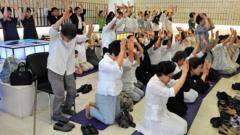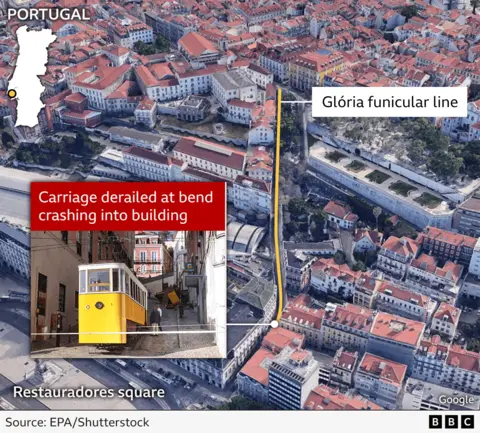The church has maintained that its donation practices fall within the parameter of legitimate religious conduct and has indicated plans to appeal the decision. The controversy surrounding the church intensified following investigations into its connections with Japanese lawmakers, leading to the resignation of four ministers and shocking revelations about the depth of these ties, as 179 out of 379 ruling-party members were reported to have engaged with the church in various capacities.
The Unification Church has been a polarizing presence in Japan since its inception from South Korea in the 1960s, known for its extravagant wedding ceremonies and belief system focused on marriage for spiritual salvation. An estimated 200 former members currently pursuing litigation against the church have sought compensation for alleged coercive donation practices, amounting to approximately $38.5 million in total.
The repercussions of Shinzo Abe’s assassination are now shaping discussions around religious groups and their influence in Japan, igniting a broader societal examination of their roles and impact in the country.
The Unification Church has been a polarizing presence in Japan since its inception from South Korea in the 1960s, known for its extravagant wedding ceremonies and belief system focused on marriage for spiritual salvation. An estimated 200 former members currently pursuing litigation against the church have sought compensation for alleged coercive donation practices, amounting to approximately $38.5 million in total.
The repercussions of Shinzo Abe’s assassination are now shaping discussions around religious groups and their influence in Japan, igniting a broader societal examination of their roles and impact in the country.






















